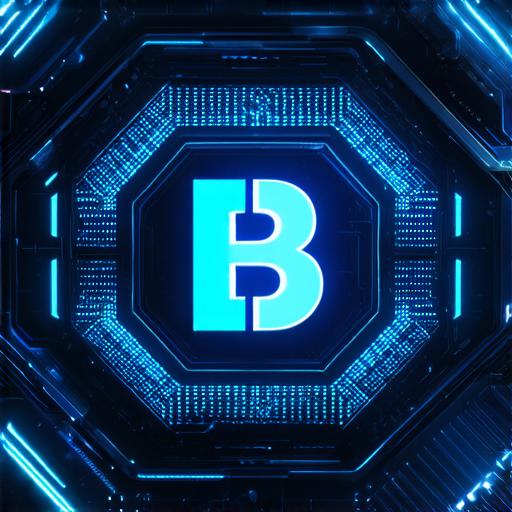As blockchain technology continues to gain traction and popularity in various industries, it’s no surprise that it’s also being explored as a potential solution for the metaverse. The metaverse, a decentralized virtual world where people can interact with each other and engage in activities without leaving their physical homes, offers numerous benefits such as increased privacy, security, and efficiency.
However, like any new technology, there are concerns and challenges that must be addressed before it can be fully integrated into the metaverse.
One of the primary concerns associated with employing blockchain technology in the metaverse is scalability. Blockchain technology is known for its decentralized and transparent nature, but it’s also notorious for its slow transaction processing times. This can be a major issue when dealing with large volumes of transactions in the metaverse, where speed and efficiency are crucial for maintaining a seamless user experience.
Another concern is interoperability between different blockchain networks. The metaverse is built on decentralized networks, meaning that data and information are stored across multiple servers and platforms. This creates a challenge when it comes to ensuring that all of these networks can communicate with each other effectively and seamlessly.
Without interoperability, users may find themselves isolated or unable to access certain parts of the metaverse, which could limit its potential reach and impact.
Privacy and security are also major concerns when it comes to blockchain technology in the metaverse. While blockchain is known for its high levels of encryption and security, there are still risks associated with any decentralized system that relies on a network of users and nodes to maintain its integrity.

For example, there have been instances where hackers have successfully breached blockchain networks, resulting in the theft of valuable assets such as cryptocurrency.
Furthermore, the use of personal data and biometric information in the metaverse raises concerns about privacy and security. Users may be required to provide sensitive information such as their name, address, and financial details in order to participate in certain activities or transactions within the metaverse.
This raises questions about how this data will be stored, processed, and protected, and who will have access to it.
Despite these concerns, there are also many potential benefits associated with employing blockchain technology in the metaverse. For example, blockchain could help to streamline payment systems and reduce fraud by providing a decentralized, tamper-proof ledger of all transactions.
It could also help to improve the security and privacy of user data by allowing users to control their own personal information and decide who has access to it.
One real-life example of blockchain technology being used in the metaverse is the virtual world of Decentraland. Decentraland uses a decentralized blockchain network to manage its economy, allowing users to buy, sell, and trade virtual goods and services within the platform.
This has helped to increase transparency, security, and efficiency within the virtual world, creating a more user-friendly and enjoyable experience for players.
Another example is the use of blockchain technology in the gaming industry. Blockchain-based games such as Cryptokitties and Axie Infinity have successfully integrated blockchain technology into their platforms, allowing users to buy, sell, and trade virtual assets within the game.
This has helped to create a new revenue stream for developers, while also providing players with a more secure and transparent way to engage with the game’s economy.
In conclusion, while there are certainly concerns associated with employing blockchain technology in the metaverse, there are also numerous potential benefits that could help to make this virtual world even more exciting and engaging for users.
